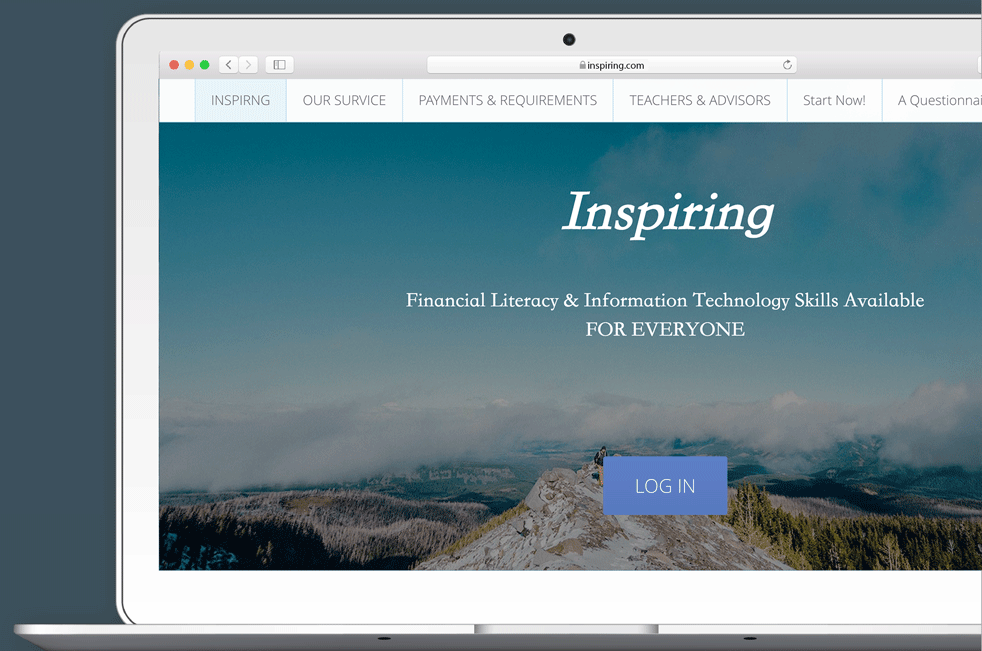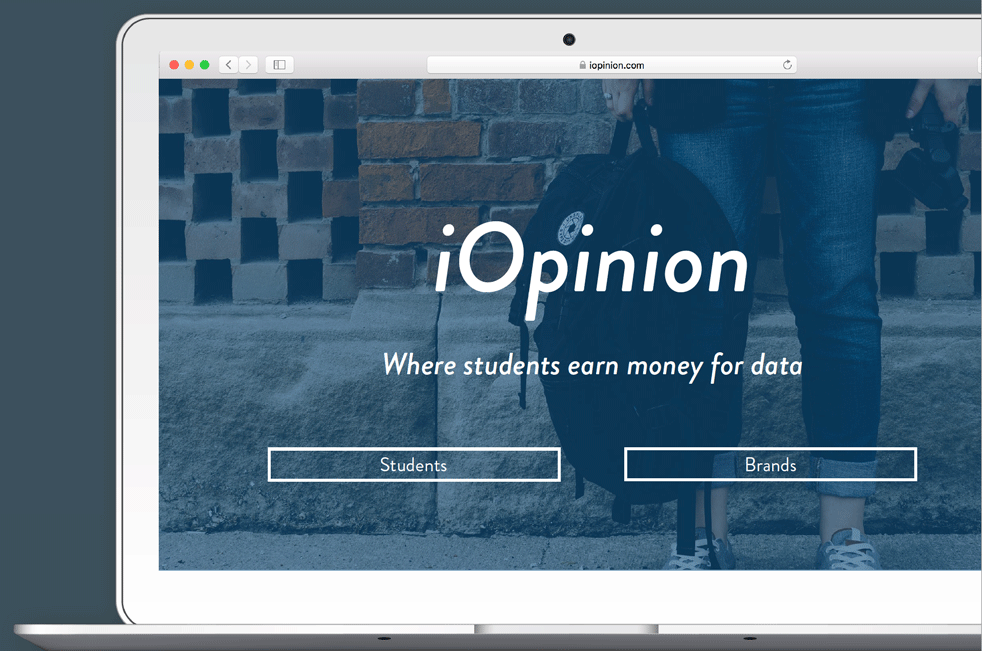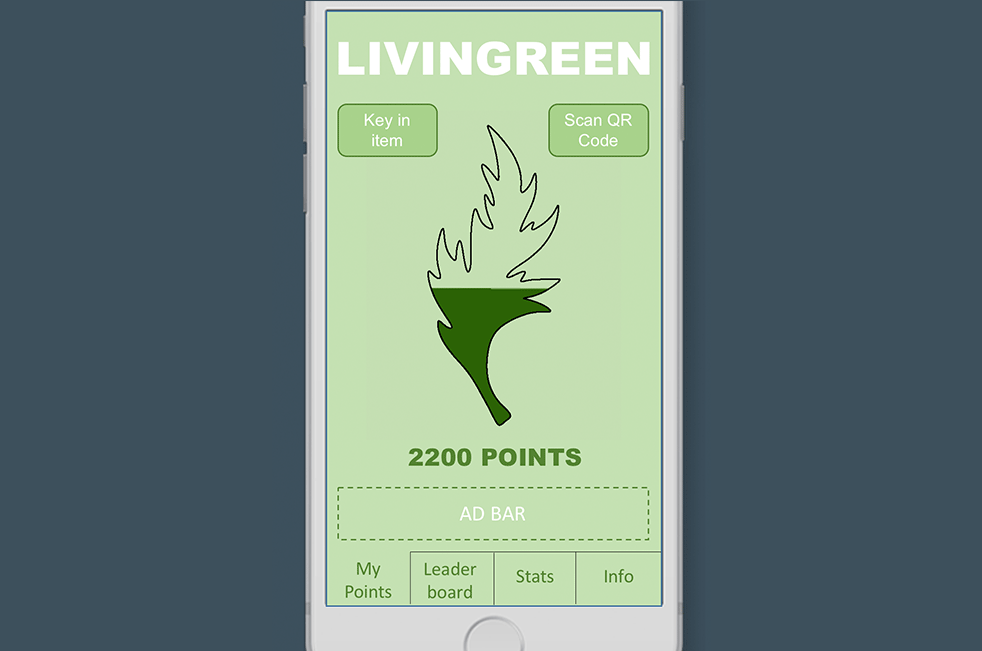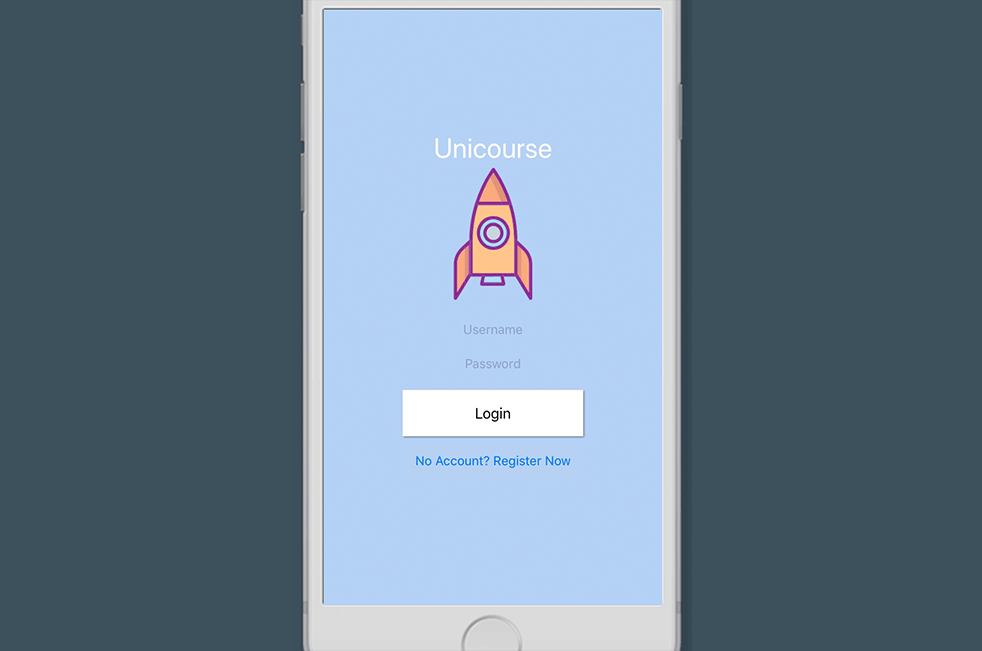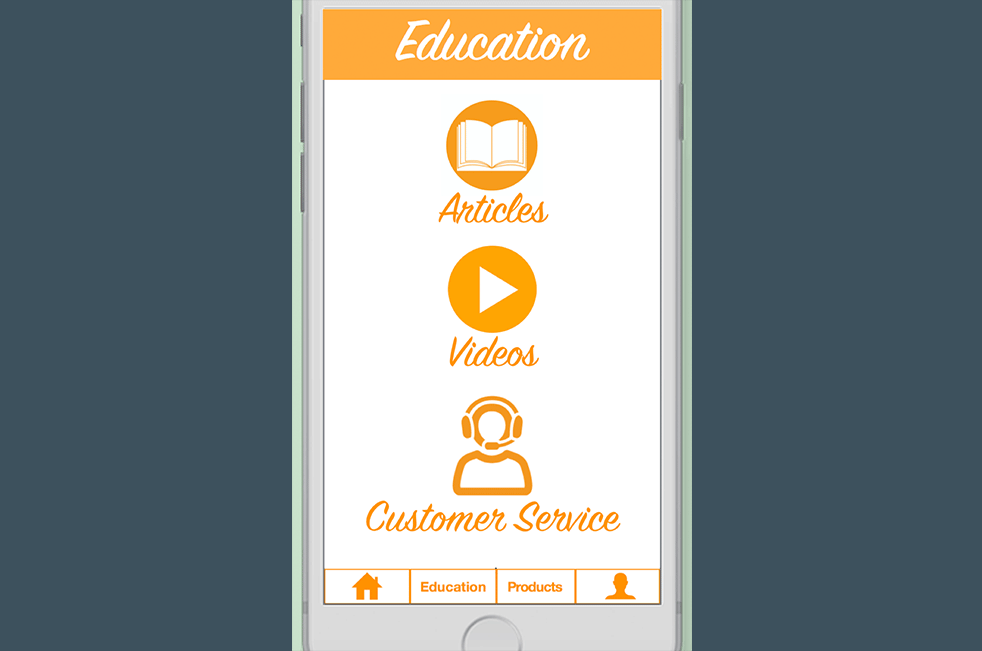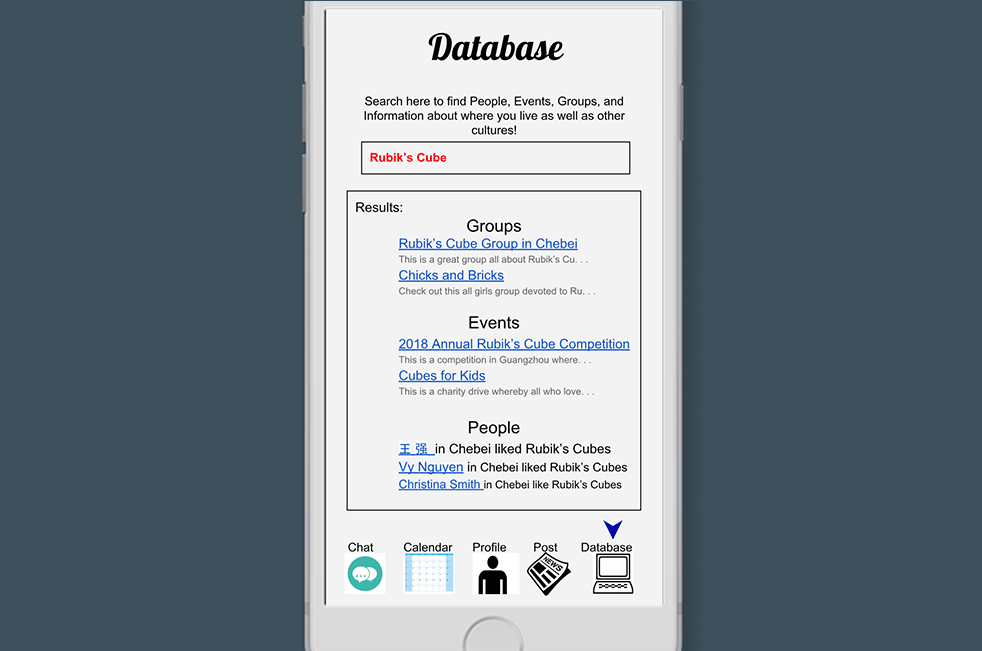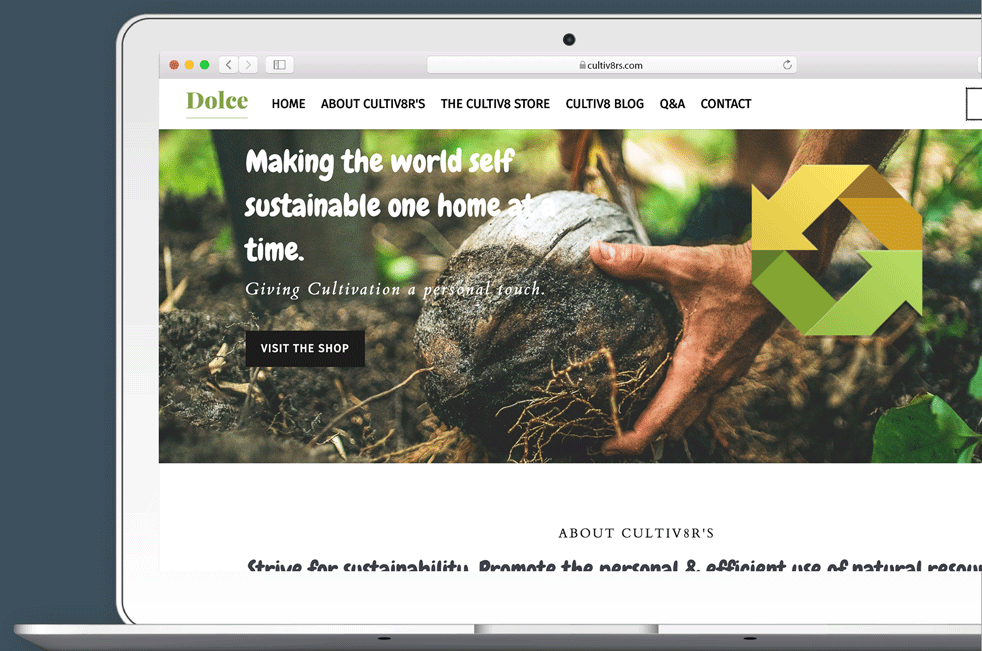
中美社创大赛
U.S. - China
Social Hackathon
What's a "social" hackathon?
The U.S. - China Social Hackathon is an online, collaborative program where teams of U.S. and Chinese students work together to develop a social enterprise business plan. Led by a mentor, groups meet online to design a solution to a problem related to one of the program topics, then pitch their business idea to a panel of judges.
Participants learn about social innovation, how to develop a value proposition, how to collect feedback, how to design a Minimum Viable Product (MVP), and how to pitch a business idea. They'll gain valuable experience working in remote teams, an essential skill for the 21st century workforce.
Explore
Each group is led by a mentor through lectures, discussions, case studies, and activities to explore what is social innovation. They'll put what they learn into practice by defining a problem, testing their assumptions, and iterating in response to feedback.
Build
Use the top startup tools to design a digital solution that addresses a social problem your group has observed in both your communities. Work with Silicon Valley concepts including:
- Lean Startup Methodology
- Rapid Iteration
- IDEO Design Thinking & UX Design
- Business Model Generation's Value Proposition Canvas and Business Model Canvas
Pitch
Pitch your idea to a panel of social entrepreneurs and business professors. Prove to them you've identified the next big opportunity and are offering the right solution for the market.
Prizes will be awarded for the best team in each session!
Student Experiences
"Over the course of the program, I’ve gotten to know my American teammates a lot more, and it’s been a pleasure working with them. This was definitely an interesting and unique experience that I am honored to have had."
Kevin L. (Tsinghua Int'l School, Beijing)
"It really was incredible. The fact that we can connect with people around the world online makes it so much easier to share ideas and innovate."
Shawn C. (U.S. Public High School)
"It was an unforgettable teamwork experience."
Aaron W. (Shanghai Pinghe Bilingual School)
"Very creative and academic; I loved it."
Evan S. (Jiangsu Tianyi High School)
"In the program I learned how to work and cooperate with people from different countries and backgrounds and come up with a business plan that could solve a common problem in our communities. At first it was difficult but once we kept working at it the plan came together."
Cameron B. (U.S. Public High School)
Our alumni have been admitted to:

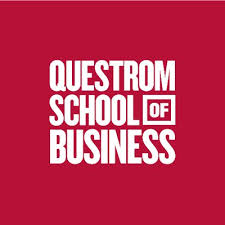
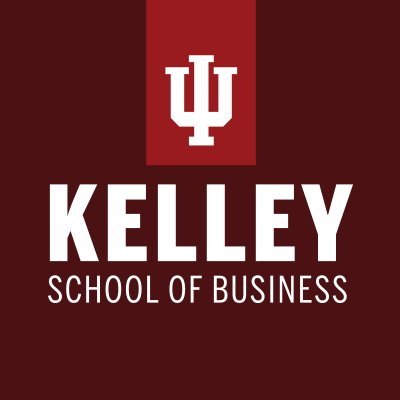

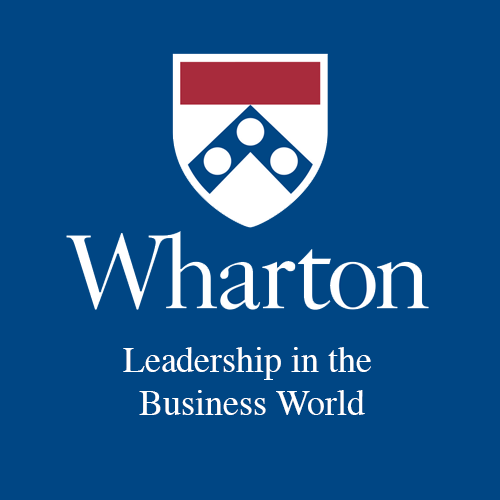

Curriculum
Each group will be led by a mentor to explore one of the topic areas below, each with particular significance in both the U.S. and China. Then, over the course of 5 working meetings, group members will identify a specific problem they observe within the topic area, create a profile of the "users" who face such a problem, and develop a digital solution to address the problem. During the 6th and final meeting, groups will present their ideas to a panel of judges made up of social enterpreneurs.
Topics

From exercise and medicine to organic eating and late-in-life care, health and wellness touches almost every aspect of our lives. What opportunities exist in this space to promote healthy living, ensure access to high quality and safe foods, prevent diseases, and treat medical problems?

Countries like India and China are urbanizing at some of the highest rates seen in human history, while countries like the U.S. are seeing urban decline, or the erosion of culturally distinct areas due to gentrification. These are just some of the modern phenomena that are changing the nature or urban living. How can we ensure that all city residents are able to live a fulfilling life no matter where in the world they are?

Around the world, access to education is often determined by how much money a family earns. In the U.S., schools receive revenue based on taxes assessed on the value of property within their district, meaning that schools in wealthy areas have greater access to funding for teachers and classroom materials than those in poorer areas. In less-developed countries, children in poorer areas sometimes must forego an education in order to provide for their families. What can be done to make access to quality education more equitable and more readily available?

As communication and social interaction increasingly take place online, social media networks face enormous challenges to manage not only personal privacy, but also to prevent manipulation of publicly shared data. How can we ensure that social media networks serve the common good, while also ensuring a healthy market for growth?

Athletics teams are worth billions of dollars and continue to globalize. At the same time, countries are making huge investments in building home-grown sports programs to compete on the world stage. What role can technology play in this process, from the perspective of countries, team owners, athletes, and fans, to improve the way sports are managed and consumed?

From QR-code payments to blockchain to mobile-only banks, the digitization of the banking industry is changing the way people interact with their money, often even eliminating the need for a physical asset. What opportunities are there within this trend to increase understanding of financial opportunities and management, especially for poor and rural populations?
Mentors
Mentors are exceptional undergraduates, graduate students, or recent graduates who have researched startup methodology, or have experience running student companies or working at entrepreneurial student organizations.
Some of our current and past mentors include:
Marie Pocha
View Marie's LinkedIn profile here.
Carl Hooks
View Carl's LinkedIn profile here.
Tidus Coleman
View Tidus's LinkedIn profile here.
Projects
Take a look at some of the projects created by past students.
Contact
Add us on WeChat:
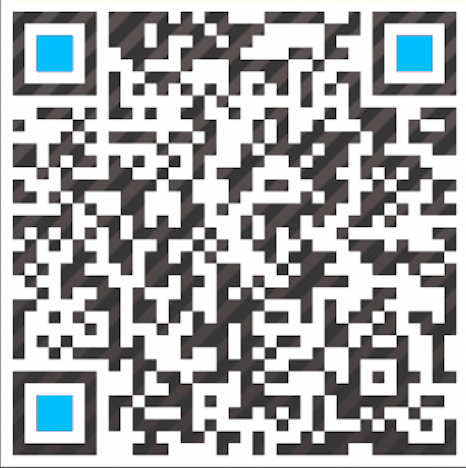
Give us a call:
+86 177 0180 4902
